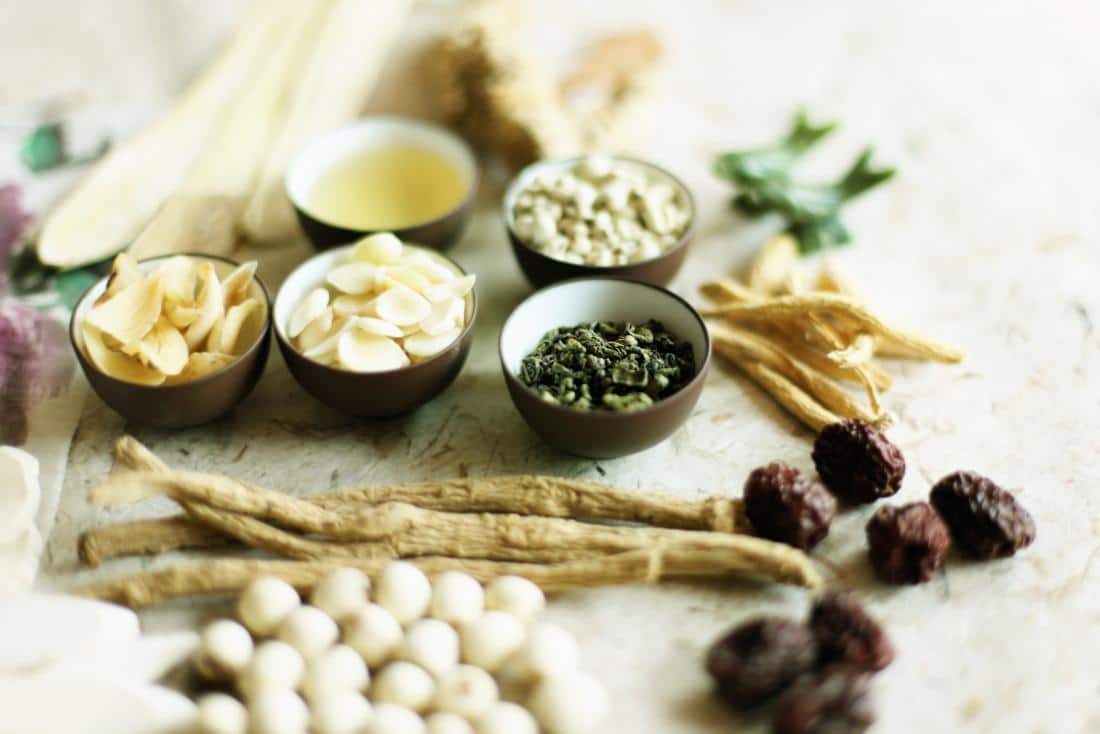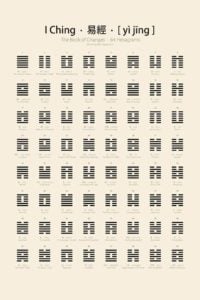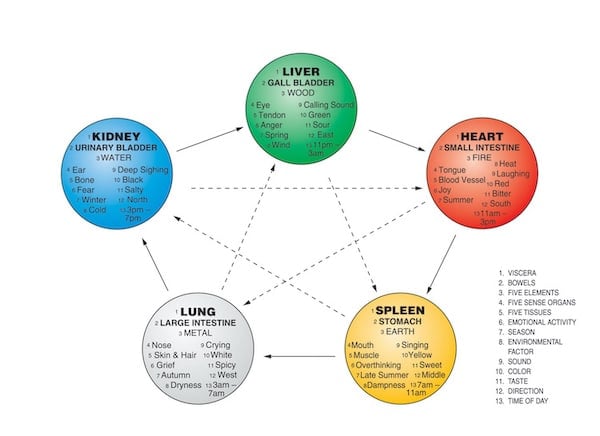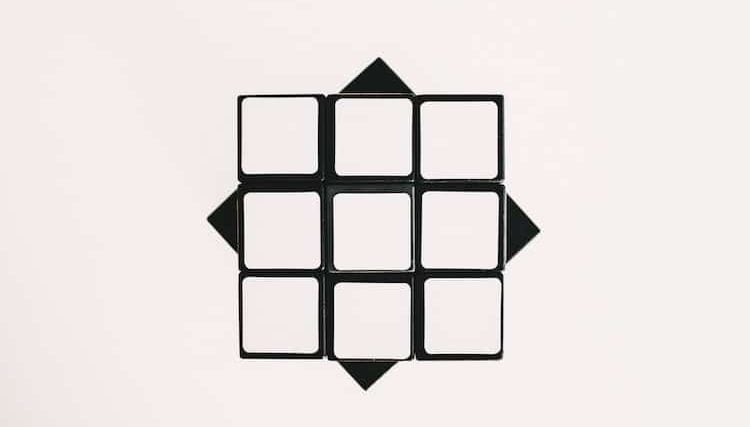Zi Wei Dou Shu & Traditional Chinese Medicine

When we think of Traditional Chinese Medicine (TCM), the image of acupuncture needles often comes to mind. However, TCM is far more diverse, encompassing practices like herbal medicine, dietary therapy (where food is treated as medicine), cupping, tui na (therapeutic massage), and qi gong (energy-focused exercises).
For many, TCM represents ancient wisdom, a holistic approach to healing that has stood the test of time. And intriguingly, it shares deep philosophical roots with Imperial Astrology, also known as Zi Wei Dou Shu, the Chinese metaphysical system of destiny analysis. Let’s explore this fascinating connection.
My Journey into Traditional Chinese Medicine
Growing up in Taiwan, my introduction to TCM wasn’t exactly voluntary. Whenever I fell ill—be it a cold, bladder infection, or menstrual pain—my mother would brew dark, bitter herbal concoctions tailored to my constitution. Like most children, I wasn’t a fan.
But as time passed and Western medicine became more accessible through government-subsidized healthcare, many—including myself—gravitated toward the convenience of pills and syrups. These treatments were quick, scientifically validated, and far less bitter!
Yet, despite its modern dominance, Western medicine, for all its advancements in antibiotics, genetic engineering, and surgical techniques, often treats symptoms rather than addressing root causes. In contrast, TCM offers a philosophy of balance, a wisdom grounded in thousands of years of observing nature and human health.
The Foundation: I Ching, Yin & Yang, and the Five Elements
So, what ties TCM and Zi Wei Dou Shu together? To understand this, we need to revisit I Ching, the “Book of Changes.”
One of the oldest books in human history, I Ching originated as a system to observe natural phenomena and the interplay between humans and the universe. Using its iconic trigrams and hexagrams, it developed into a divination system with 322,560 permutations, symbolizing the infinite possibilities of life.
I Ching’s philosophy of Yin and Yang—the dualistic forces of opposites like light/dark, hot/cold, masculine/feminine—became the cornerstone of Chinese thought. It explains how balance and harmony arise from the interaction of opposing forces.
The concept of Wu Xing, or the Five Elements (Wood, Fire, Earth, Metal, Water), emerged from these teachings. Wu Xing not only underpins TCM but also forms the structural basis of Zi Wei Dou Shu.
Traditional Chinese Medicine: A System of Balance
In TCM, everything in the body—organs, tissues, emotions, senses, and even flavors—is categorized under the Five Elements. When one element becomes unbalanced, it creates a ripple effect, disrupting the harmony of the entire system.
For instance:
- Excess salty foods (Water) overburden the kidneys (Water), which weakens the heart (Fire). In Western terms, this might manifest as high blood pressure.
- Weak lungs (Metal) can lead to dry skin and brittle hair, since both are governed by the Metal element.
Unlike Western medicine, which often masks symptoms, TCM seeks to identify and treat the root imbalance. This approach may take longer, but it aims for long-term health and prevention.
Zi Wei Dou Shu: Health Insights in Your Destiny Chart
Just as TCM views the body through the lens of Yin, Yang, and the Five Elements, so does Zi Wei Dou Shu. During the Ming Dynasty (14th–17th century), TCM principles were integrated into the system of Zi Wei Dou Shu, linking astrological palaces and stars with specific organs and body systems.
Each star in your Zi Wei Dou Shu chart carries a Ying & Yang and Five Element association, pointing to your physical constitution and potential hereditary health conditions. By analyzing the interplay between your natal, decade, and annual charts, you can uncover:
- Vulnerabilities to certain illnesses or injuries.
- Periods of potential health challenges.
- Opportunities to proactively address imbalances before they manifest as illness.
For example, if your chart indicates a strong Fire element but weak Water, you may be prone to dehydration, heart issues, or high blood pressure. With this knowledge, you can adjust your lifestyle to restore balance.
Embracing the Wisdom of TCM and Zi Wei Dou Shu
Reflecting on my journey, I’ve come full circle. After years of skepticism toward those bitter herbal brews, I now see the value in their wisdom. Today, I even prepare my own herbal remedies under the guidance of a licensed TCM practitioner. Thanks to modern advancements, TCM herbs are also available in convenient pill form for those short on time.
Whether through TCM or Zi Wei Dou Shu, one lesson stands out: health is about balance. While Western medicine excels in acute care and life-saving interventions, TCM and Zi Wei Dou Shu offer a proactive, preventive approach to well-being.
A Final Note
As we delve deeper into these ancient systems, it’s impossible not to admire the wisdom of the sages and philosophers who shaped them. While TCM and Zi Wei Dou Shu cannot replace the miracles of modern medicine, they provide a timeless guide for achieving harmony in mind, body, and spirit.
Here’s to embracing both the ancient and the modern in your journey toward health and balance. Wishing you vitality and well-being!
Disclaimer: I am not a medical doctor. Always consult medical professionals should you experience any discomfort or illness.
Subscribe to Newsletter
I share insights on Zi Wei Dou Shu, reflections on life, and practical guidance to help you navigate your journey.—subscribe and stay inspired!
Unlock the Secret of Destiny
Follow me on Facebook for fortune insights, life coaching, and wisdom from Zi Wei Dou Shu!









